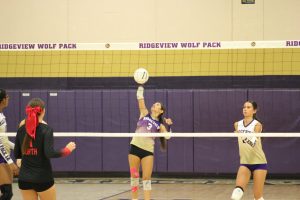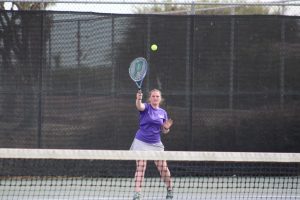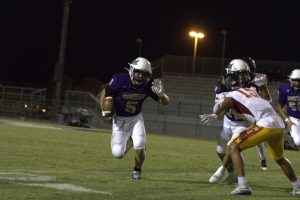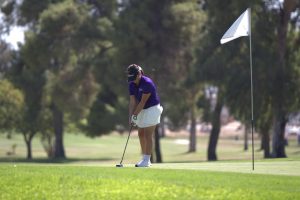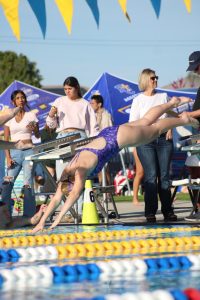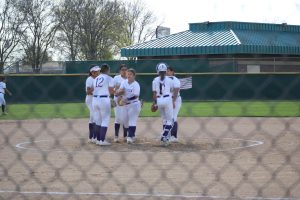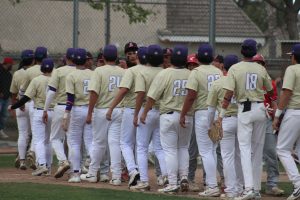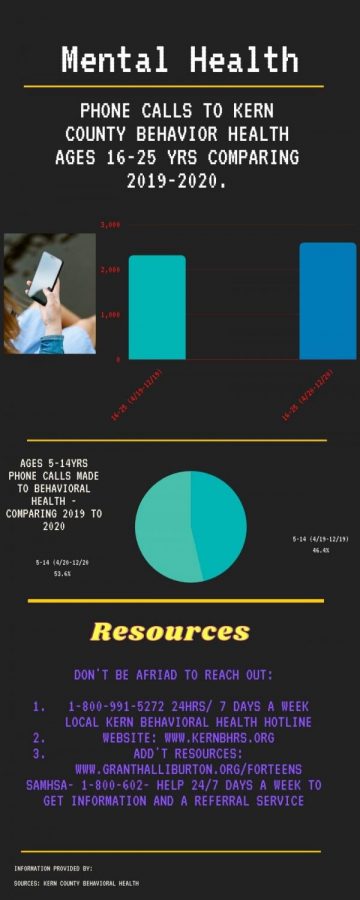Struggling Times For Youth During the Pandemic
The chart shows data from Kern County Behavioral health for phone calls from youth between 2019 and 2020.
February 19, 2021
With all things coming to a halt, it has made a great impact on student athletes. Not only has the pandemic affected the physical state of athletes but their mental state as well. Due to restrictions many students have been required to remain home and keep very little contact with friends and loved ones. Students probably never thought of how drastically their lives would have changed. Along with how difficult it would be to be able to keep a positive mindset with all things that are going on.
“ Easier at first because of no school, but after the first month or so I lost all motivation,” said Seth Morris, captain of the swim team , about how the school year has been in terms of mental health. Being halfway into the year there are some who feel like Morris and begin to feel mentally lost, distracted or stressed about school. Everyday students are logging in to school, staring at a computer for three hours and losing motivation to do work. Everyday feels the exact same for Morris and other students. When everyday starts to feel like the same , being a student athlete starts to become hard for many like Morris who use their sport to connect with others. A change in positive and negative mindset is something that has changed for Morris over this school year. At the start of the pandemic Morris stated, “I was happy because I didn’t have to go to school, but not being able to see my friends and people just drained me completely.” With being at home in your room and your bed only a few inches away from you and other distractions as well, it is more complicated than it seems to keep all your focus on school.
With the day to day stressors that people have in their life most people have some type of hobby or activity they do to relieve the stress of daily things. For these student athletes the sport they play is just that. With how much stress and pressure some students are put under, sports are a way most athletes relieve their stress. Soccer player, Isabela Trujillo states, “ playing sports, specifically soccer, has helped me mentally in the past. Soccer allows me to get away from the things that stress me out. It’s a safe place for me.” During these trying times right now it is important that these athletes find more ways to relieve their stress and keep their positive mindset. Even though training in school seems unable to happen currently this year, student athletes are finding ways to train on their own.
“Our insight as to what we are hearing on calls since the pandemic has started from teens and youth has been a change in how teens and youth see home/family dynamics. Before the pandemic youth were out of the house for much of the day, and personal interaction with family was limited to the time after school / extracurricular and time away from home with friends and any other out of the house activities. Now that youth are abiding by the “stay-at-home” orders, families have been quarantined together for an extended period of time and youth are facing things at home that they would not have otherwise witnessed.”- Esperanza Bravo, Recovery Specialist I, from the Kern BHRS crisis hotline
Finding time to train on their own may be hard for student athletes, but many student athletes are feeling the pressure of school now more than they did before. Students are in meetings with their teachers for a few hours. Many athletes agreed that it feels different trying to receive help from the teachers in this current environment. With many other students sending questions in the chat box it is hard for the teacher to try to answer and notice all the questions they are getting at once. Senior Baseball player Drew Short, states the most frustrating thing about online school is, “ Not having a teacher to help you like they would in class.”
Coaches Andres Murillo and Aaron Garza are missing the feeling of being able to coach sports with players as well. “I enjoyed team bonding and kids coming together like one big family,” declares Garza. Not only that, but Murillo also assured the reasons for his love for coaching, “ I love seeing the progress either as a person or as a student athlete of all girls”. Not only is it students who miss the feeling of being at school but teachers as well.
Students athletes miss the feeling of not being at school. When asked how it has been not being able to play sports, Morris responds by saying, “ It sucks honestly, because I had scouts going to come look at me but now that isn’t going to happen .” Not being able to do the normal things you would do at school is what challenges Morris the most.
Not being able to do the normal things in school is taking a toll on the mental health of athletes and students. According to the NPR news article it states that Clark County, in Nevada has had 19 students pass away from suicide since last March when the shut down took place. These deaths have led the school officials to thinking if the virus had any influence on any of these tragedies. Students’ mental health has convinced school officials to slowly start opening schools in Clark County.
There have been a few studies done on the pandemic and students’ mental health. Based on one study that came out by Stanford University and Strava, there has been an increase in 22.5 percent of professional athletes feeling down. Another study that the CDC (Center for Disease Control) conducted shows a 31 percent increase in mental health doctor related visits from students ages 12-17 in comparison to the same time in 2019. In Kern County, Kern County Behavioral Health showed there was a 10 percent increase in teens seeking help from 2019 to 2020 from ages 16 – 25. As well as a 13 percent increase in children of ages 5-14. Esperanza Bravo, Recovery Specialist I, from the Kern BHRS crisis hotline says, “Our insight as to what we are hearing on calls since the pandemic has started from teens and youth has been a change in how teens and youth see home/family dynamics. Before the pandemic youth were out of the house for much of the day, and personal interaction with family was limited to the time after school / extracurricular and time away from home with friends and any other out of the house activities. Now that youth are abiding by the “stay-at-home” orders, families have been quarantined together for an extended period of time and youth are facing things at home that they would not have otherwise witnessed.”
Not only are athletes feeling a shift in their mental health but coaches are as well. Assistant Basketball coach, Paul Hernandez assures that the things he enjoys doing most to get through this difficult time is to meditate, get perspective and other methods that help relax him. Hernandez has also seen few differences in his mindset from last year to this year. “Similar to most of us, I have had some days/weeks that have led to negative thinking. However, I have really tried to refocus to having a mindset that resembles the characteristics of Jesus. Loving, gratefulness, patience, understanding, empathy, etc.” It is not only the coaches that have changed over quarantine but others including teachers, students and athletes as well. Yvonne Kendrick, Recovery Specialist I, Kern BHRS Crisis Hotline gives insight on her personal experience through this crisis, “From personal experience I have two sons that are 12 and 15 that have been directly affected by not being able to actively engage in their perspective sporting activities”
Through all of the changes that have happened this past year these three coaches have some motivational advice to share with fellow students and athletes. Hernandez says that advice that he would give to any student who feels unmotivated in these times is to have, “Gratitude and appreciation. We can all find things to be negative about and excuses that go with the negatives of life. However, if you focus daily on what you have and how grateful you should be to have what you do helps with mental exhaustion. ” Another coach Garza’s advice to those who need inspiration is, “ I would tell them to do something physically to give their mind a break.” Last but not least, Murillo’s advice for students is that, ”I would ask them to take a deep breath and try to focus on one thing at the time.”
Students, and athletes have taken on a lot this year. From not being able to have a season, or seeing their loved ones in person, to spending one of their high school years at home, and trying to maintain a positive attitude while doing all of that is something incredible. Student athletes Trujillo, Short, and Morris have all felt very disappointed about not being able to play sports this year with their team and not being able to have that high school experience this year. It seems although wanting to be the best person they can possibly be, their future, and family is what is keeping students and athletes moving forward.
If you do not feel comfortable with speaking to someone you know, call the Kern Behavioral Health and Recovery Services 24/hour crisis hotline at 1-800-991-5272 ANYTIME!
